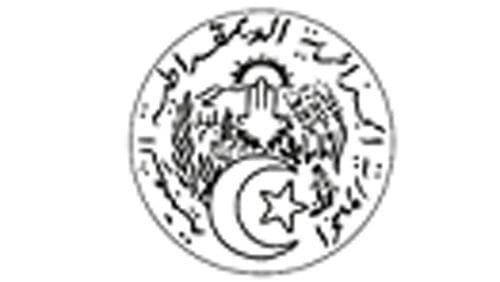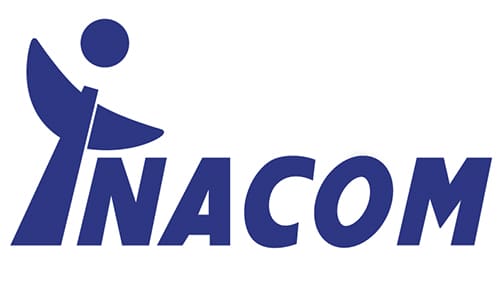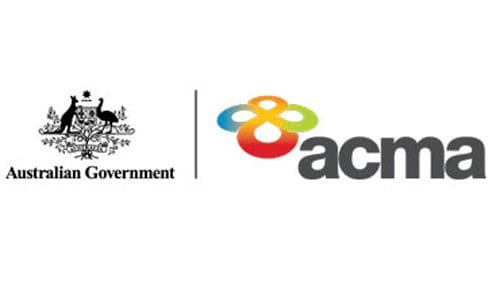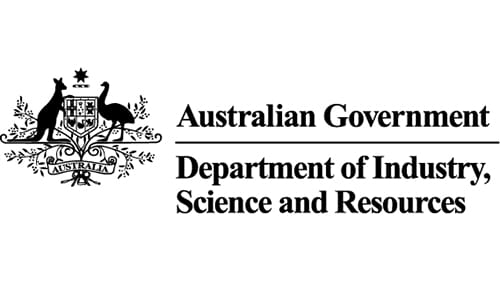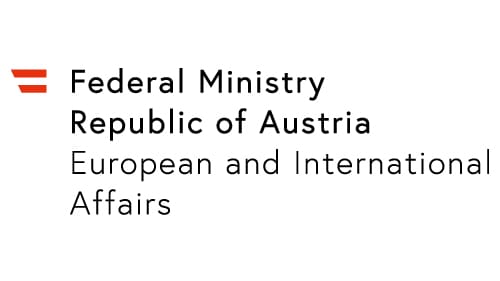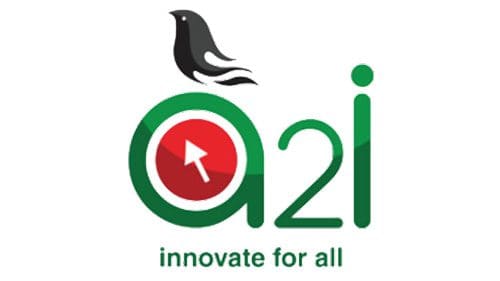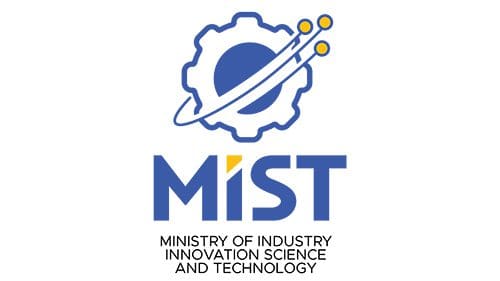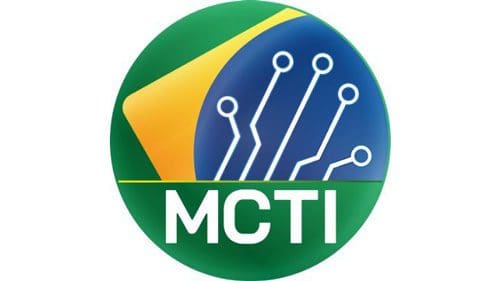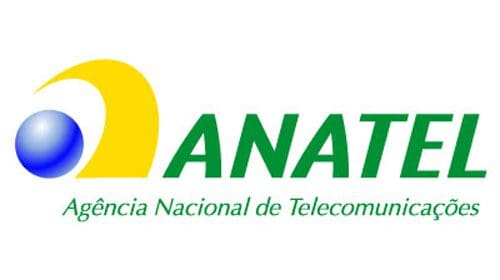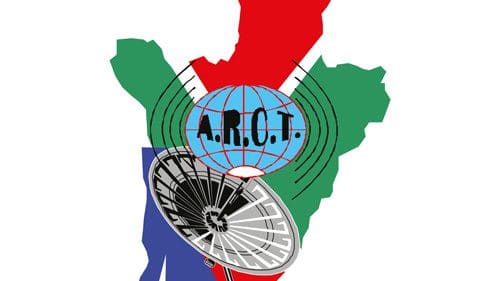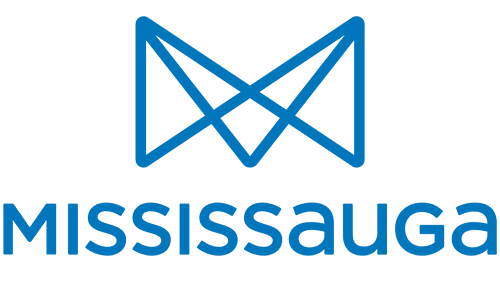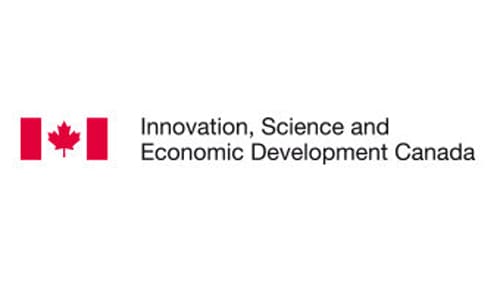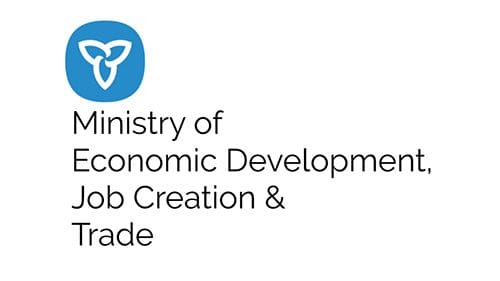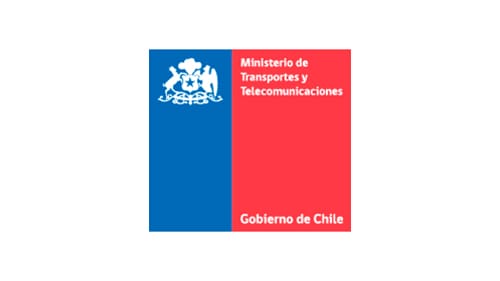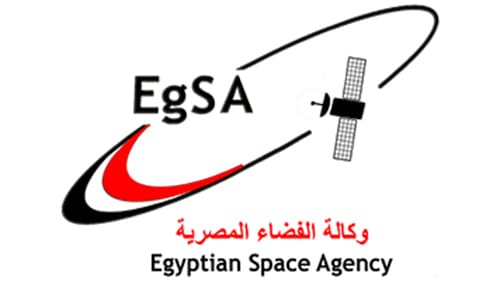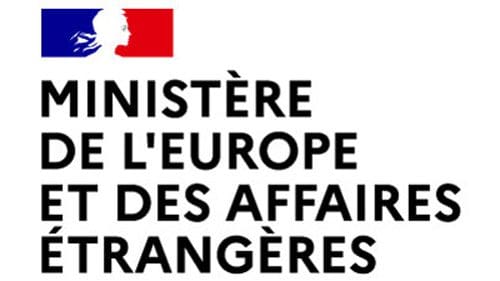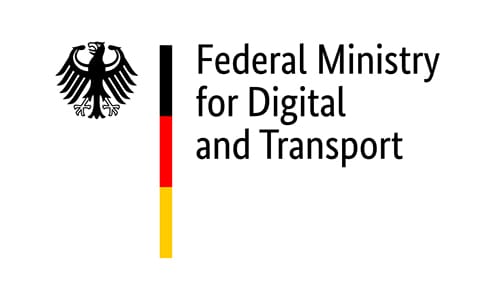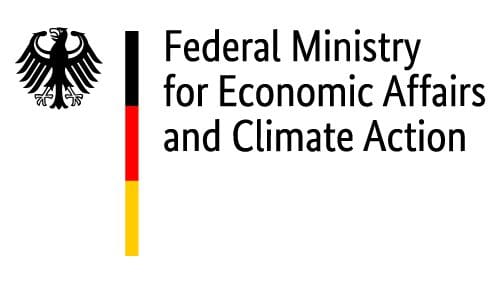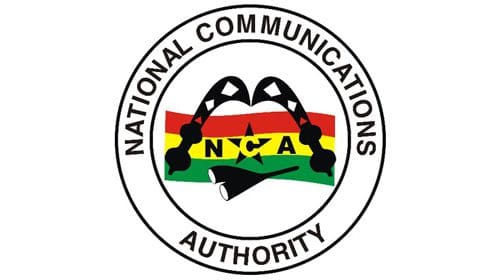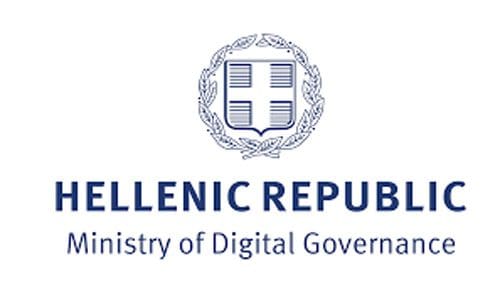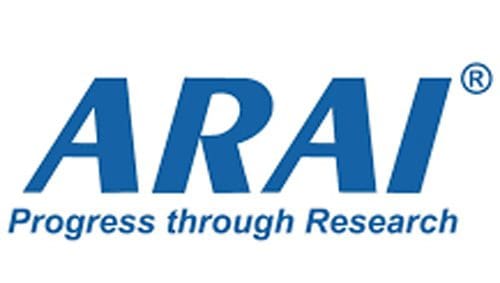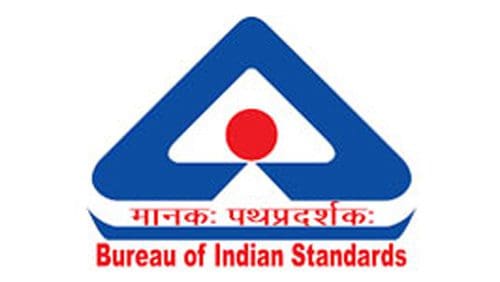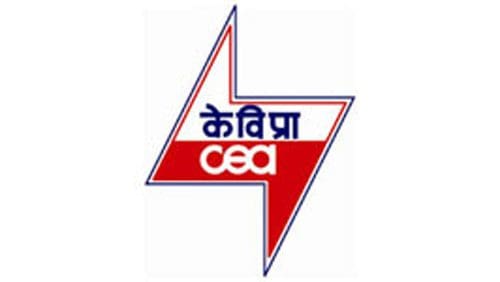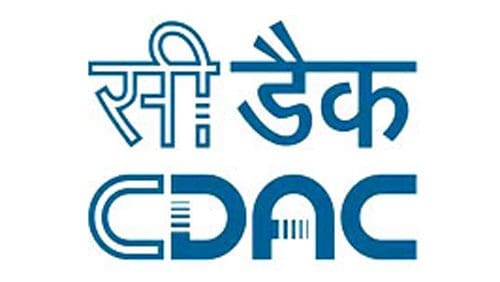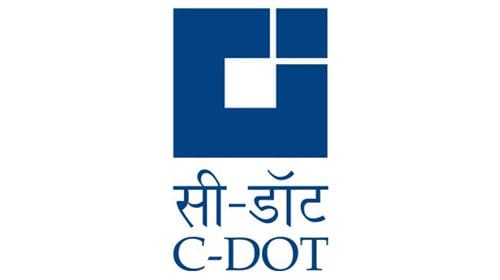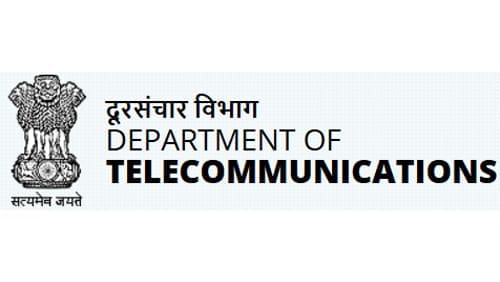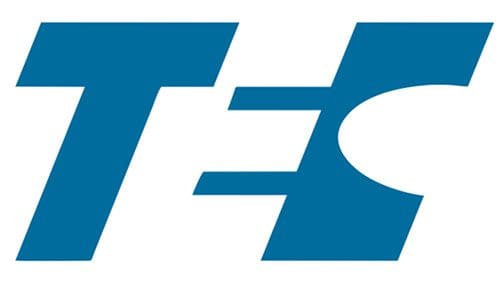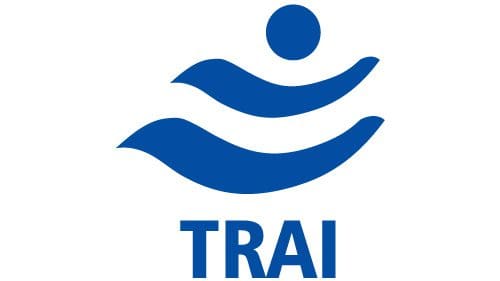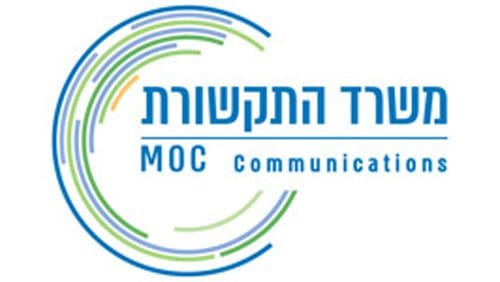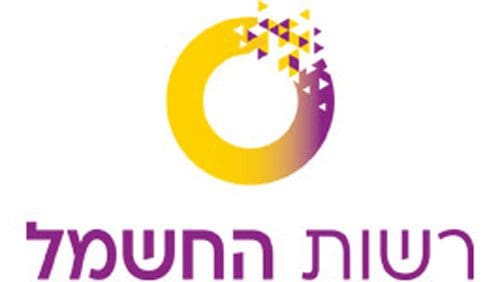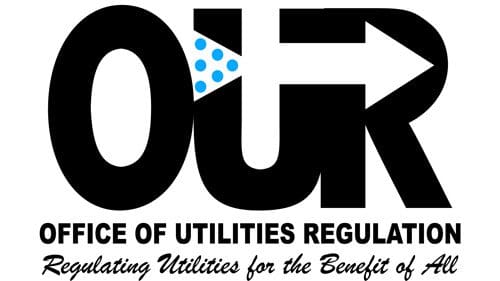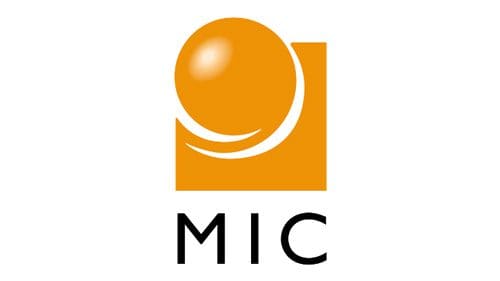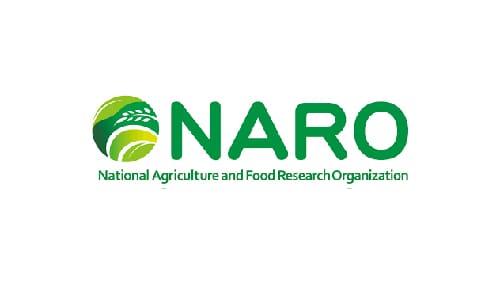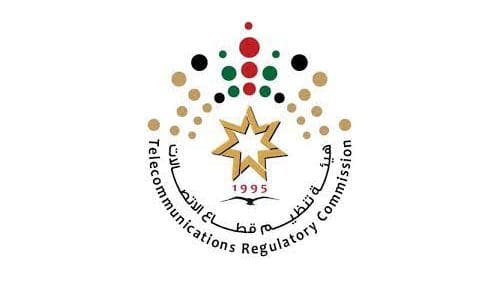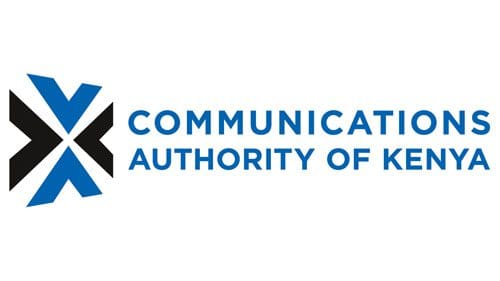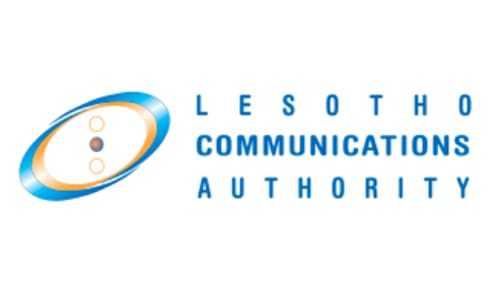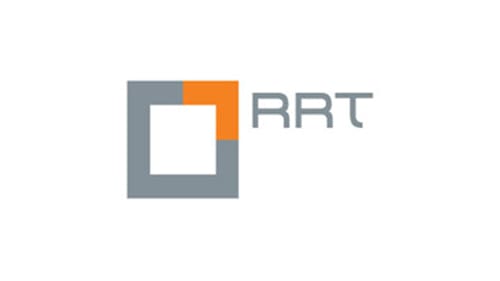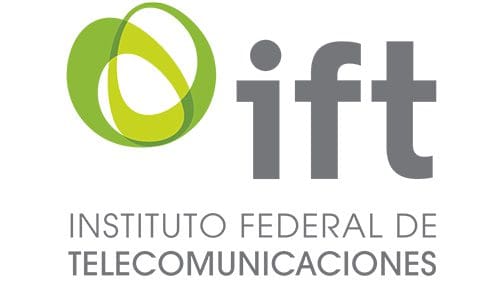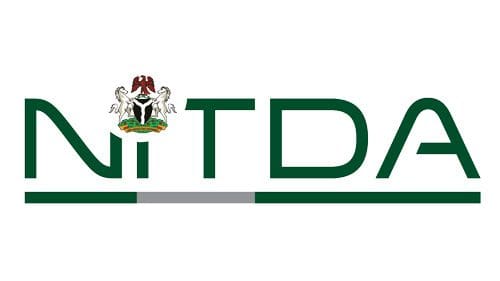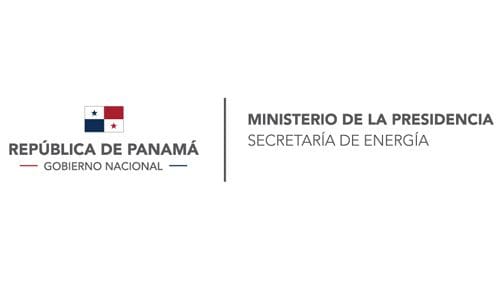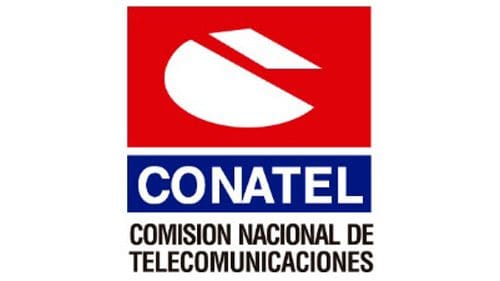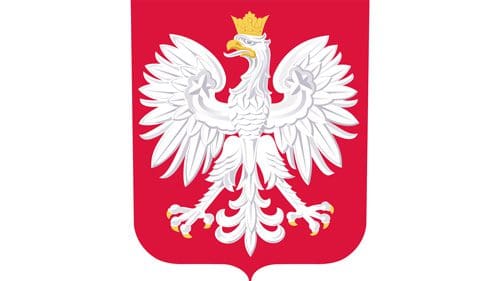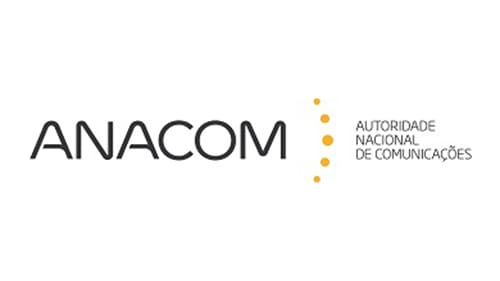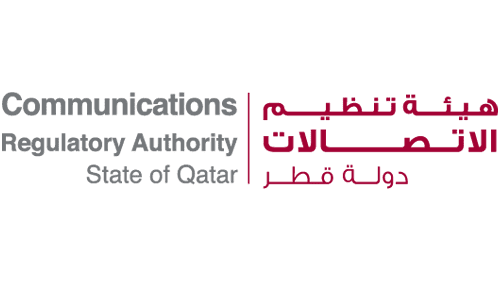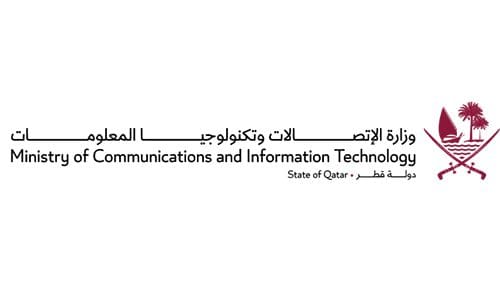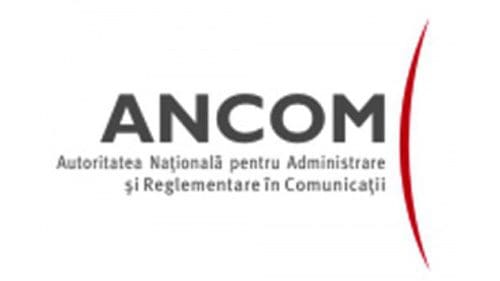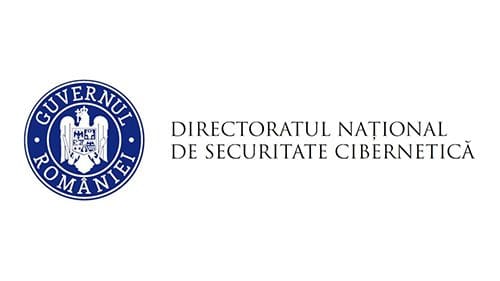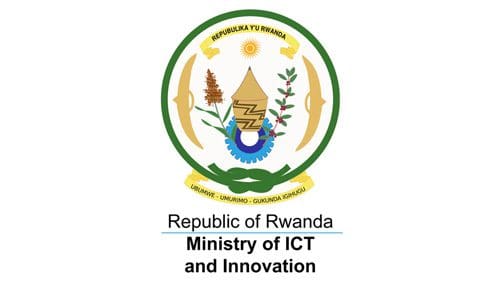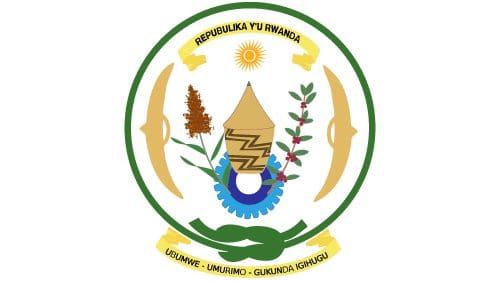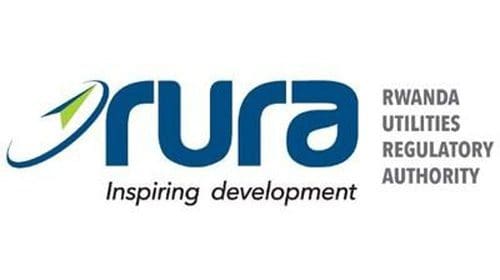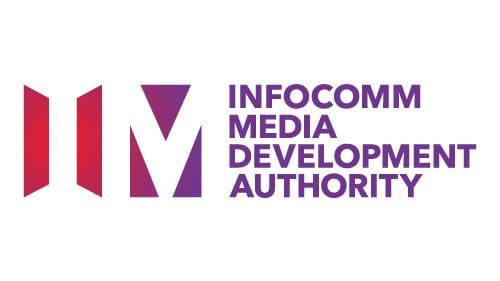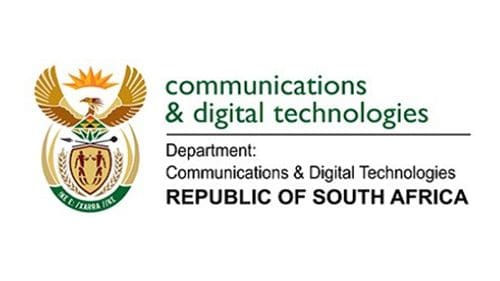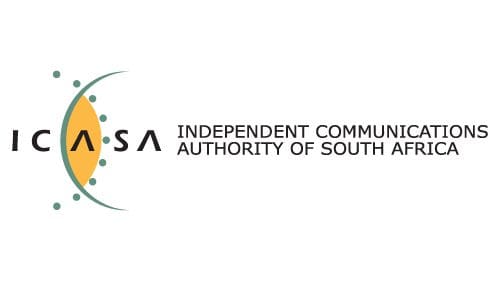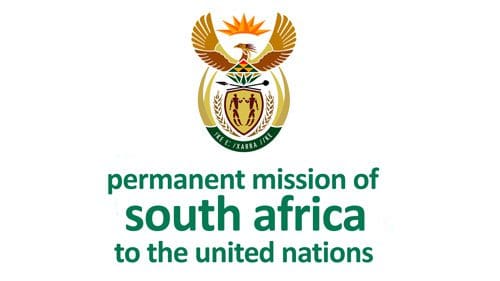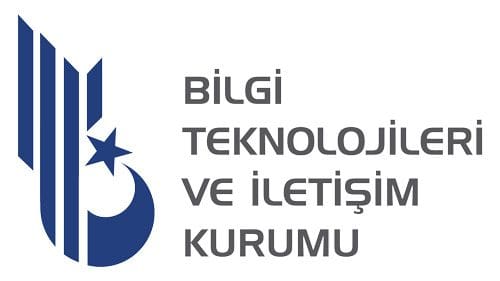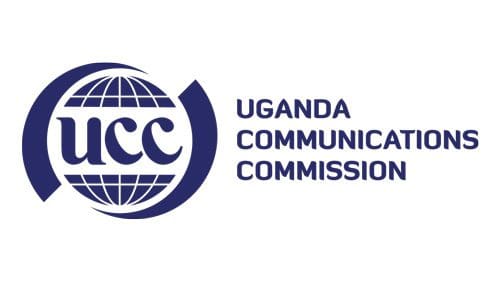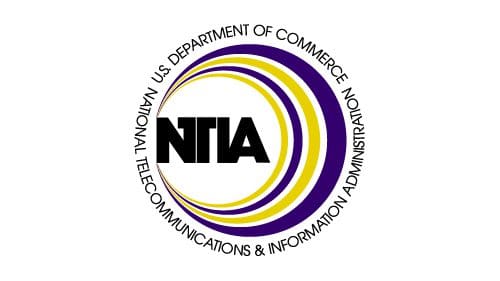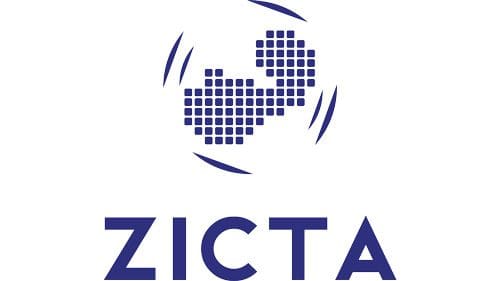About the Program
The IEEE Government Engagement Program on Standards (GEPS) helps government bodies meet their technology, standards and policy goals–from enabling technical excellence and global interoperability to promoting safety, sustainability and innovation to foster economic growth and society prosperity. Through a technical standards lens, it provides resources and connections to assist participants address technology, business and governance issues within their respective portfolio of work and their efforts in deploying policies.
By participating in IEEE GEPS, governments have the opportunity to engage directly with standards development and industry experts and help shape standards and their impact on technology transformation, policy and regulation. Participants receive tailored information through bespoke webinars and bi-lateral consultations with technical standards experts.
Enabling
Enhancing knowledge of the IEEE standards development process and understanding of IEEE standards in regulatory and policy frameworks
Empowering
Assisting governments on how market-led standards can help provide sound and flexible solutions and enable innovation
Engaging
Connecting with IEEE standards’ communities and those involved in the global standardization ecosystem to help governments meet their objectives
In IEEE GEPS, government bodies:
- Are recognized by IEEE as having official Observer Status on the IEEE Standards Board
- Gain access to timely information on IEEE standards and related activities
- Connect with global IEEE standards leadership, technical and industry experts, and fellow GEPS participants from around the world
- Have a dedicated program contact to assist with program participation
IEEE GEPS is open to representatives from governments from around the world, including from:
- Agencies and Bureaus
- Centres and Commissions
- Ministries
- National Authorities and Secretariats
- Offices and Departments
- Regulatory Bodies
- Other governmental bodies
Participating in IEEE GEPS is predominantly online, noting that GEPS participants are invited to IEEE SA governance meetings. There are no fees nor binding obligations associated with being involved in the program.
Participants by Country
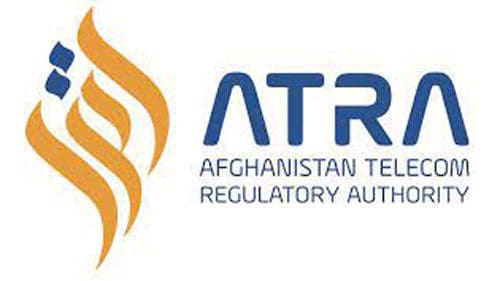
Afghanistan
Afghanistan Telecom Regulatory Authority (ATRA)
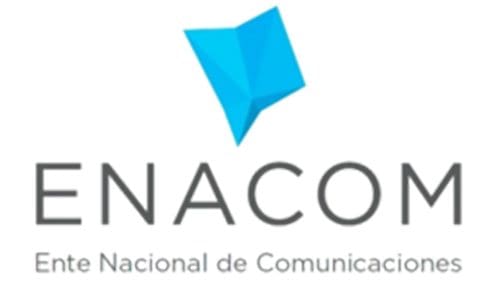
Argentina
National Communications Agency (ENACOM)
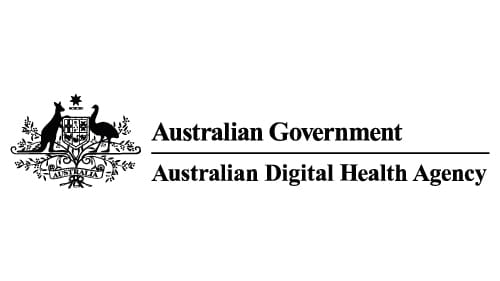
Australia
Australian Digital Health Agency
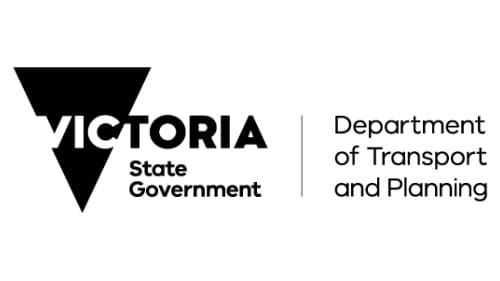
Australia
Victorian Department of Transport and Planning (DTP), Government of Victoria
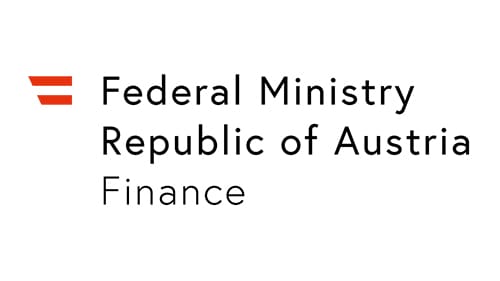
Austria
Department for Technology Telecommunications and Postal Services,
Austrian Ministry of Finance (BMF)
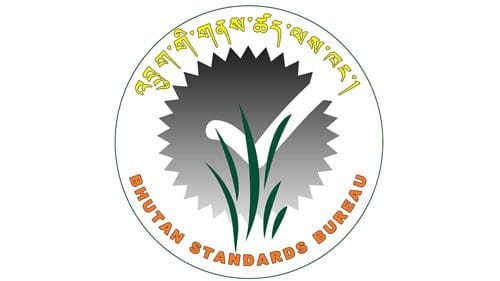
Bhutan
Bhutan Standards Bureau (BSB)

Bhutan
Department of Renewable Energy (DRE), Ministry of Economic Affairs
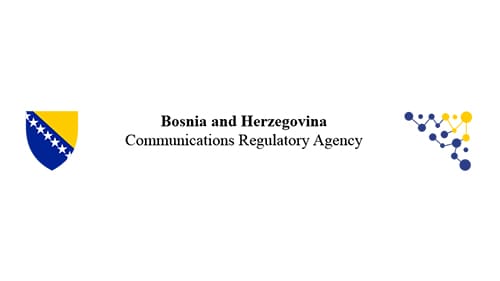
Bosnia and Herzegovina
Communications Regulatory Agency (CRA)
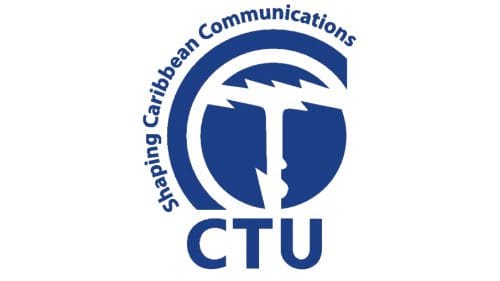
Caribbean
Caribbean Telecommunications Union (CTU)

Czech Republic
Czech Telecommunication Office (CTU)
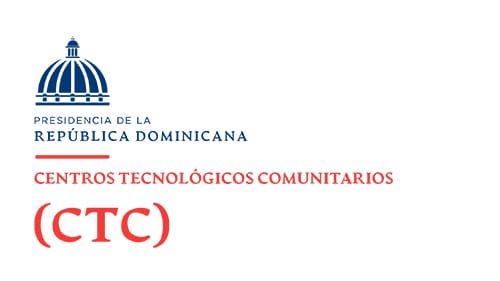
Dominican Republic
Community Technical Centres (CTC)
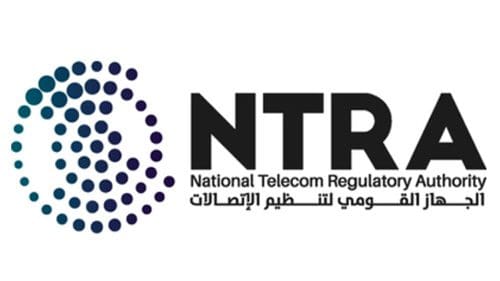
Egypt
National Telecom Regulatory Authority (NTRA)
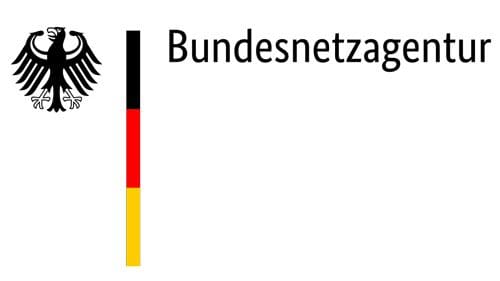
Germany
Federal Network Agency for Electricity, Gas, Telecommunications, Post and Railway (BNetzA)
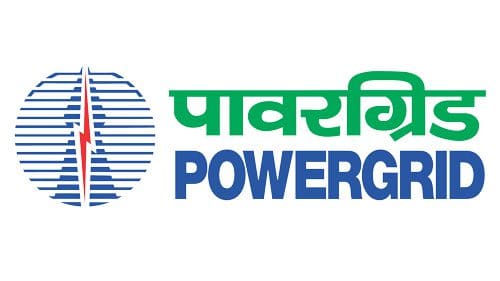
India
POWERGRID
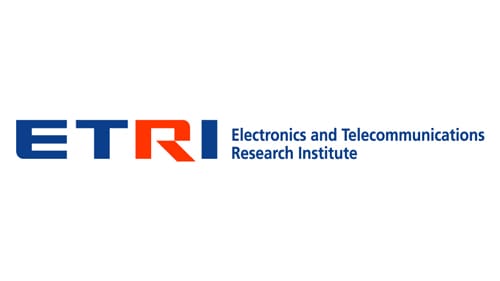
Republic of Korea
Electronics and Telecommunications Research Institute (ETRI)
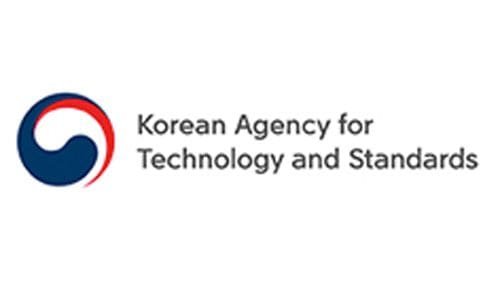
Republic of Korea
Korean Agency for Technology and Standards (KATS)
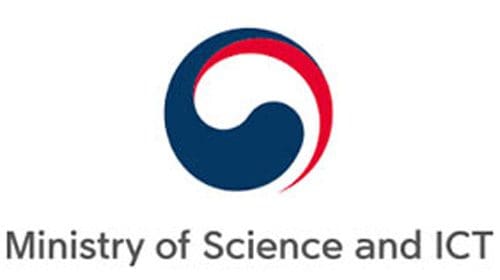
Republic of Korea
Ministry of Science and ICT (MSIT)

Malaysia
Academy of Sciences Malaysia (ASM)
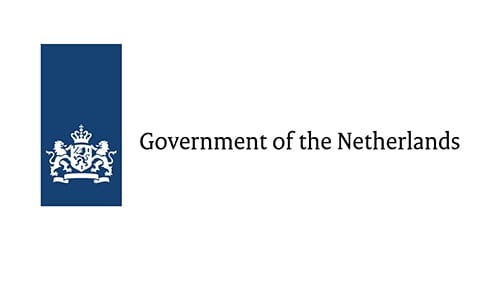
Netherlands
Ministry of Foreign Affairs
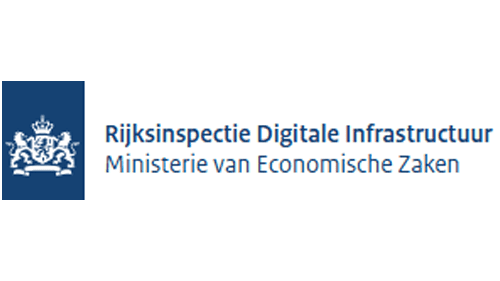
Netherlands
Dutch Authority of Digital Infrastructure (RDI)
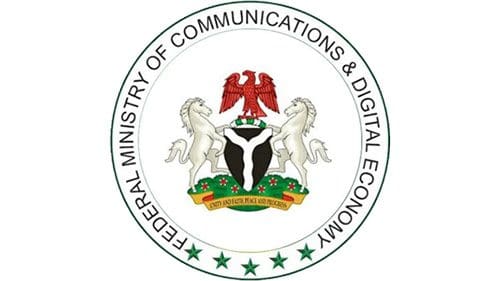
Nigeria
Federal Ministry of Communications and Digital Economy (FMCDE)
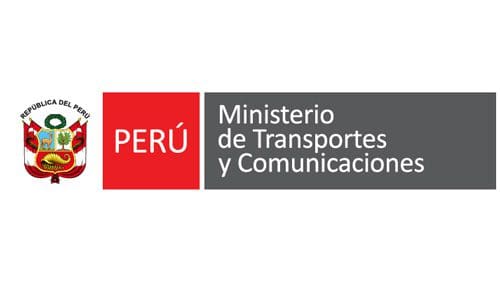
Peru
Ministry of Transport and Communications (MTC)
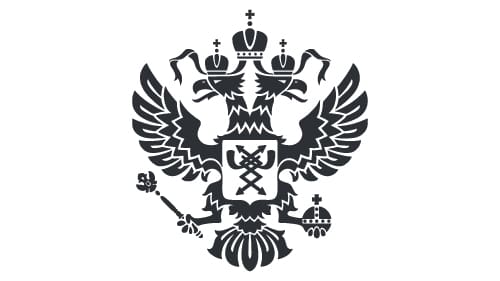
Russian Federation
Ministry of Digital Development, Communications and Mass Media
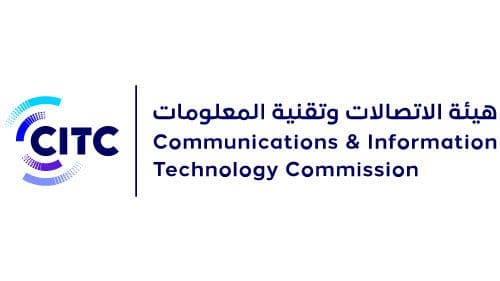
Saudi Arabia
Communications, Space & Technology Commission (CST)
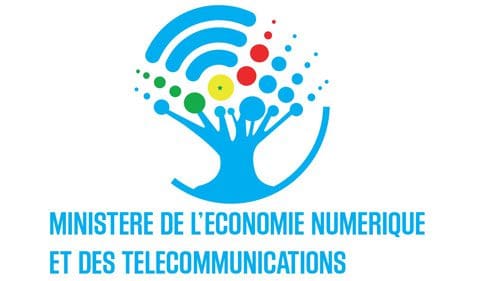
Republic of Senegal
Ministry of Digital Economy and Telecommunications

Singapore
AI Singapore
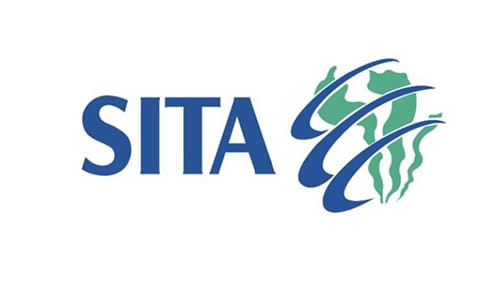
South Africa
State Information Technology Agency (SITA)
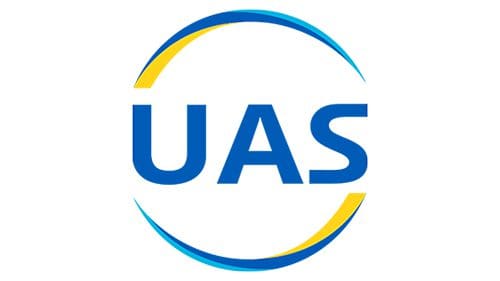
Ukraine
State Enterprise “Ukrainian Scientific-Research and Training Center for Standardization, Certification and Quality Problems” (SE “UkrNDNC”)
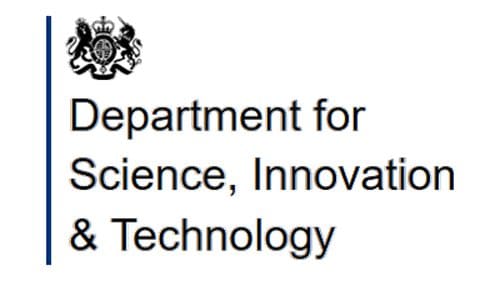
United Kingdom
Department for Science, Technology and Innovation (DSIT)
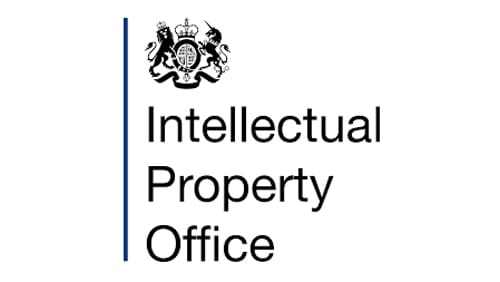
United Kingdom
Intellectual Property Office (IPO)
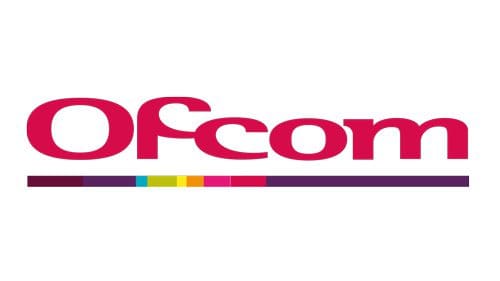
United Kingdom
Office of Communications (Ofcom)

United States
Department of Homeland Security (DHS)
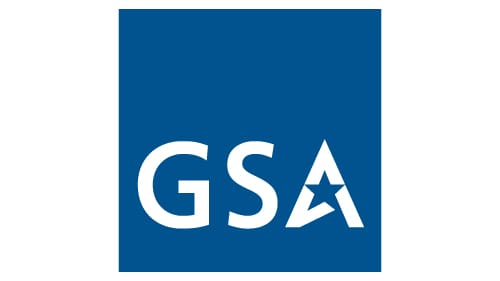
United States
U.S. General Services Administration
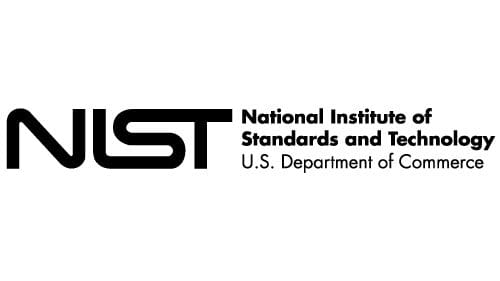
United States
National Institute of Standards and Technology (NIST)
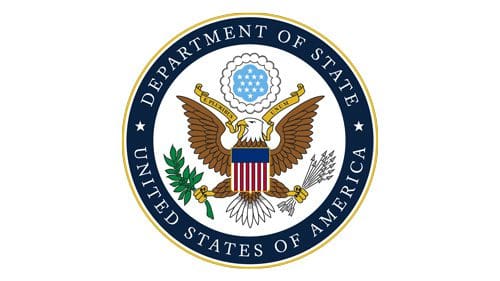
United States
U.S. Department of State


